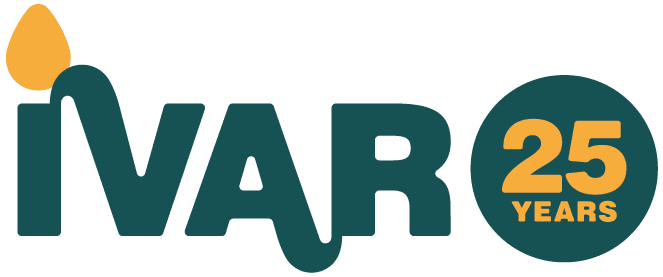
Funding risk tool
A tool to review your organisation’s attitude to risk in grant-making
Open and Trusting funders explicitly commit to being clearer and more realistic about their attitude to risk in grant-making and more balanced in their attempts to manage it:

Open and Trusting commitment 3: Accept risk
We will accept our share of risk – we will be realistic about how much assurance applicants can reasonably give us; we will clearly explain how we assess risk when we make our funding decisions.
But risk comes up time and again as a barrier for many in fully implementing the eight commitments at the heart of the Open and Trusting approach, with trustees and grants staff often talking at cross purposes because ‘one party is concerned about the risk of wasting money; the other is concerned about the risk of failing to achieve impact1’. Without a greater shared understanding of what funding risk looks like and who carries it, many efforts to mitigate risk are misdirected, and much of the social value of risk-taking is unrealised. IVAR’s new tool can help to break this deadlock.
Risk in grant-making can be grouped into four distinct types:
- Financial risk
- Reputational risk
- Governance risk
- Impact risk
Each type of risk has its own considerations, and their importance will vary between organisations, and possibly within grant programmes. Attitudes to risk in each of these types informs grant-making practices, from what information is required in funding applications to the level of reporting provided by funded organisations.
This tool has 35 questions that will provide you with an overview of your organisation’s attitude to risk, and then help you assess the extent of alignment with your grant-making practices.
Download a PDF copy of the risk tool to review offline.
How to score your risk attitude
This tool uses a scoring system to plot your organisation’s attitude to risk in grant-making. The scores are indicative and subjective. They are intended to illustrate where attitudes to risk are not aligned with grant-making practices. They may also be useful in providing a point of comparison between staff and trustees in the same organisation.
There is no ideal risk attitude or number. For some types of risk, it may be prudent to have a lower risk attitude and, for other types, a higher risk attitude.
Your responses may vary depending on the specific funding stream or programme: in these instances, it may be valuable to use the tool separately for each distinct strand of your work, or create a composite score that reflects a position between your various approaches.

How to use this tool
This tool aims to be comprehensive about risk in grant-making, but if you’re just starting out it could be used to initiate conversations about risk internally as well as to review changes to risk attitudes and grant-making practices over time. As with all eight of the Open and Trusting commitments, every funder is on their own journey and has different starting points.
You can use this tool as an individual, with your grant-making team, or with your wider organisation, discussing and comparing your responses as you complete the questions. There is an option to save your progress and come back to the tool over time. It is intended to prompt reflection and discussion and not to be used comparatively with other funders.
At the end, we’ll ask for your email address so that you can receive a copy of your responses. Your email address (the only identifying data) is stored separately from the data on risk. Both sets of data are stored on the website with password protection. See our Privacy policy for more information. We may follow up with you at a later stage to learn more about your experience of using the tool.
The anonymised data will be stored on our website to enable long-term review; however, all users will have the option to permanently delete their data at any time once they have completed the tool.
There is also an option for you to share your responses anonymously and to give us permission to use your data to inform our research. Any data from this tool used in reports or presentations will be anonymous. The data from this tool will help us to better understand how funders across the sector view risk and how risk shapes grant-making practices. This data may also help us to track how attitudes to risk shift over time. Please get in touch with us (alex@ivar.org.uk) if you have any questions about using this tool.
- Winkelstein, M., & Whelpton, S. (2017) ‘Foundations Don’t Know What They’re Risking’ in The Foundation Review, 9(2). ↩︎
